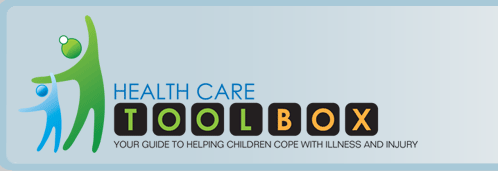- 12 year old boy

What is Traumatic Stress?
Traumatic stress is a constellation of reactions that can occur after extremely difficult or frightening events. These reactions
include:
- having unwanted and intrusive thoughts about what happened,
- strongly avoiding things that are reminders of the event, and
- having trouble sleeping, eating, or concentrating.
In the aftermath of a potentially traumatic event, traumatic stress is caused by a loss of a sense of personal safety, and by feelings of fear and helplessness.
Children are especially vulnerable to the loss of safety that a traumatic event can bring:
- They look to adults for information and comfort during a traumatic event.
- To judge danger, they look to cues from adults and the environment. They may misinterpret cues (e.g. blood, sirens, parents’ visible upset) and over-estimate danger and life threat.
- Younger children are not able to understand many aspects of events, and they may express fear and distress through behavior rather than words.
I was so scared because my mom was not there.
Medical events and medical settings can be traumatic, especially when children and families have to face:
- Sudden or serious illness or injury
- Painful or frightening treatment procedures
- Sights, sounds, or experiences in the hospital or emergency department that are new or frightening
Initial distress in children and families in health care settings is common, expected, and understandable.
Key risk factors in the development of medical traumatic stress in children: perceived trauma severity and life threat. (Kahana et al. 2006)
Many children and parents cope well, with the help of basic supportive interventions and with time. However, some may develop persistent traumatic stress reactions such as Posttraumatic Stress Disorder (PTSD) that impede both health and psychosocial functioning.
By incorporating an awareness of traumatic stress in their encounters with children and families, health care providers can:
- Minimize potentially traumatic aspects of medical care
- Identify children and families at higher risk for persistent distress
- Prevent long-term traumatic stress reactions



